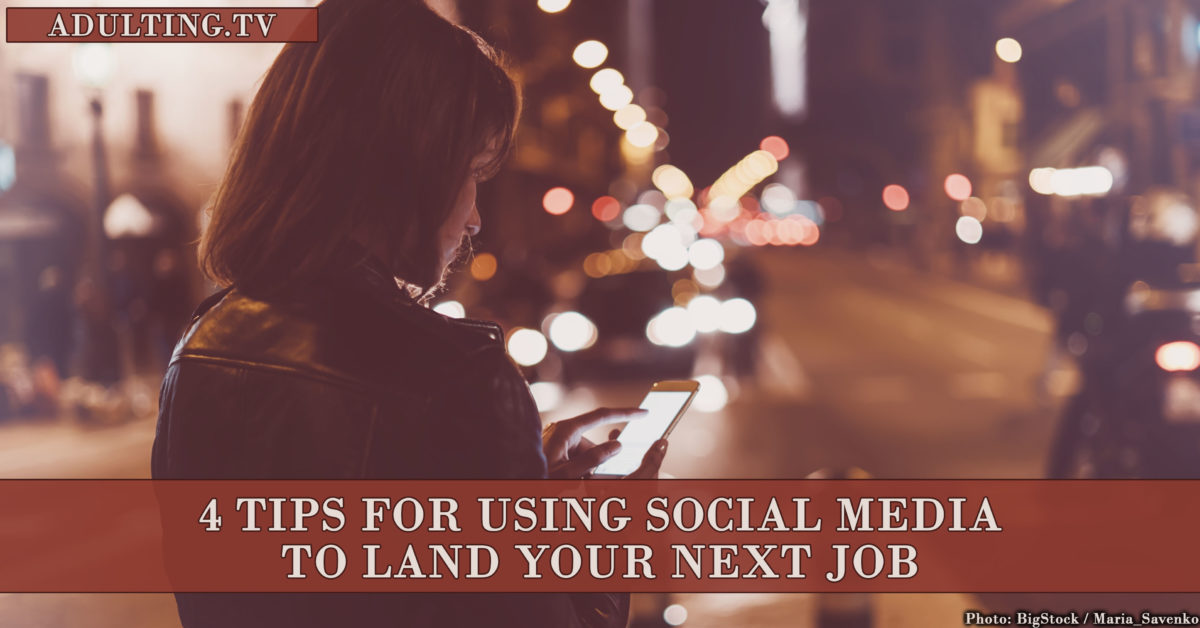Common sense says that office romances are a bad idea. Most of the time they fail, leading to an awkward dynamic and uncomfortable interactions. When they do succeed, there’s still a danger that the situation could put your career in jeopardy.
So why are they so common?
The fact is, people are willing to set aside common sense when they feel a genuine spark with a coworker. And even though it’s a risky affair, office romances can work – if approached in the right way. It’s a high-risk, high-reward gamble, and it’s up to you to decide if the payoff is worth it.
If you think you’ve found love on the clock, here’s how to do it the right way.
Check the Employee Handbook.
Every office has their own rules about employee dating. Some prohibit it entirely, while others simply ask that you to report it to HR. Look carefully through the employee handbook and see what your company’s regulations are.
If the handbook doesn’t explicitly prohibit office relationships, you should be alright to continue dating. However, if you’re dating someone with whom you have a supervisor-subordinate relationship, things could get tricky. A 2013 report from the Society for Human Resource Management found that 99% of organizations said a relationship between a supervisor and direct employee would not be tolerated.
If word spreads about your relationship, another coworker might file a complaint with HR. Even if your partner isn’t treating you differently, there’s almost no way to prove you’re not getting any favoritism.
It is completely legal for a company to fire you or your partner for having an office romance. If your relationship keeps progressing, you might want to consider finding a new job where you won’t have to hide your significant other.
Avoid office PDA.
Even if you’re allowed to date your co-worker, it’s still a good idea to avoid being affectionate at work. No one wants to see a couple making out on the copier, flirting in the break room or calling each other pet names during a staff meeting.
No matter how tempting it might be, try not to show your love either physically and verbally. Not only can doing so get you both fired, but it might make your coworkers uncomfortable. There’s nothing shameful about an office romance, as long as you continue to act like professionals at the office.
Tell no one.
When you’re in love, you just want to shout it from the rooftops. You want to tell everyone you know, from the cashier at the grocery store to your first cousin twice removed.
But the best policy is to not tell anyone associated with your job, unless you’re required to disclose the relationship to HR. It’s okay to share it with a couple close friends, but it’s easy for secrets to spill out and rumors to spread – especially if mutual friends from work are involved.
When I briefly dated a coworker of mine, we kept it private and didn’t tell anyone. Once, a friend who had suspected we were dating watched us leave the office together. When he saw we weren’t holding hands, he concluded he was wrong. I later felt so proud that we kept our relationship a secret.
Avoid talking about work.
When you’re dating a coworker, bitching about the receptionist or management can be an easy topic of conversation to fall back on. But if your relationship is only built on work, it will crumble easily.
I know this from personal experience. When I was 18, I dated one of my managers at Pac-Sun. He was my first boyfriend and I really liked hanging out with him. We decided to keep dating while I went off to college, but I quickly realized we had nothing in common.
While working together it was easy to find stuff talk to about, but the distance made it obvious we weren’t compatible. If you and your partner are always talking about work, you won’t get the chance to find out if you’re truly in sync on a deeper level.
Take the time to explore each other’s hobbies, meet your non-work friends, and enjoy life outside of the office. It will strengthen your bond and prove you have something more in common.
Consider looking for outside jobs.
It’s definitely possible to sustain an office relationship, it’s usually easier if one person ends up finding a new job. While this isn’t necessary per se, it can simplify some of the issues that will inevitably crop up if your relationship becomes more serious – or if you break up.
Discuss it with your partner and make a thoughtful, forward-thinking decision. It might seem extreme to uproot your career for romance, especially if you both love your jobs, but it could save your relationship. For many people, that’s more than enough reason.
Have you experienced an office romance? Did it last or fail? Tell us about it in the #Adulting Facebook community.










